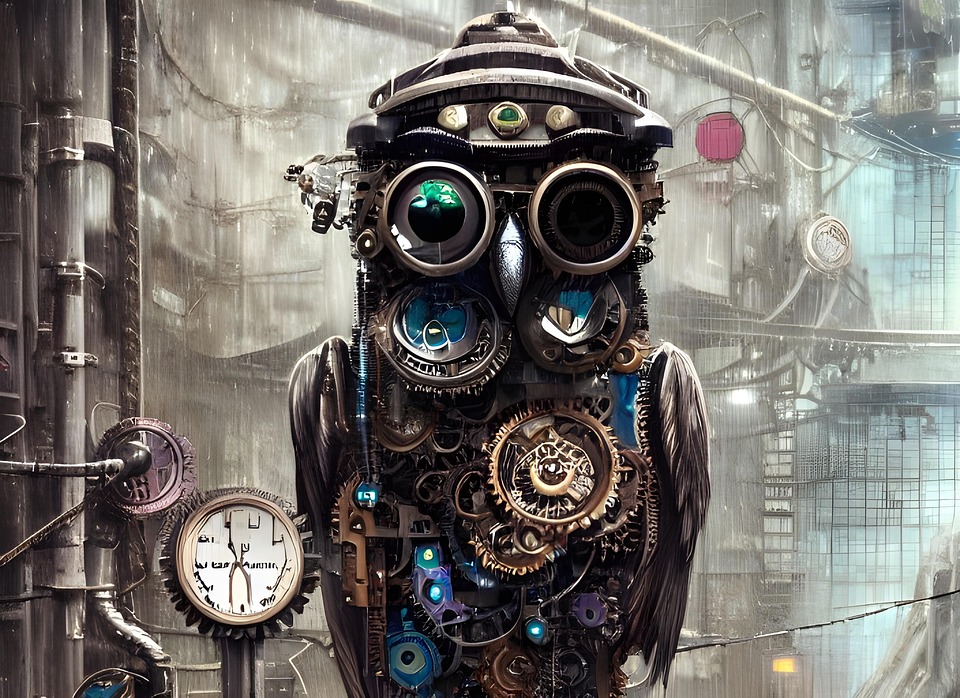In the early 21st century, we stand at the precipice of a technological revolution that promises to reshape the fabric of our daily lives: the rise of autonomous machines. From self-driving cars to robotic assistants and AI-driven industrial systems, these intelligent machines are becoming increasingly capable of performing tasks that were once the exclusive domain of humans. As we embrace this new era, it’s imperative to consider what autonomous machines mean for humanity—how they will transform our economy, shift societal norms, and challenge our ethical frameworks.
The Evolution of Autonomous Technology
Autonomous machines are powered by advancements in artificial intelligence (AI), machine learning, and robotics. Over the past few decades, we’ve witnessed significant strides in the ability of machines to learn from experience, interpret data, and make decisions without human intervention. Companies like Tesla, Waymo, and Boston Dynamics are at the forefront of this evolution, developing technologies that not only automate but also enhance human capabilities.
The applications for autonomous machines are vast. In transportation, self-driving vehicles promise to reduce accidents caused by human error, improve traffic flow, and increase mobility for those unable to drive. In the home, AI-powered assistants streamline household tasks and enhance our lifestyles. In agriculture, autonomous drones and robotic harvesters optimize farming efficiency, reducing labor shortages and increasing crop yield.
Economic Implications
The automation of tasks traditionally performed by humans presents both opportunities and challenges for the economy. On one hand, autonomous machines can lead to significant increases in productivity. Their ability to work around the clock without fatigue enables companies to maximize outputs and reducing costs. This increased efficiency may lead to lower prices for consumers and potentially stimulate economic growth.
However, this transformation also raises concerns about job displacement. As machines take over routine tasks, entire sectors may see significant decreases in demand for human labor. The World Economic Forum estimates that, by 2025, automation could displace 85 million jobs worldwide, while creating 97 million new roles. This disparity prompts questions about how society will manage this transition—will workers have access to the retraining and education necessary to fill new positions, or will the job market become increasingly polarized?
Societal Shifts
As autonomous machines become fixtures in our lives, our societal norms will inevitably change. From the way we commute to how we socialize, technology is changing our interactions and lifestyles. The convenience offered by autonomous machines may lead to increased reliance on technology, potentially diminishing our own skills and autonomy.
Moreover, the integration of AI into public services raises questions about equity and accessibility. Who benefits from these advanced technologies? Will they be available to all, or will they deepen existing societal divides? Ensuring that the advantages of autonomous machines are equitably distributed will require thoughtful policy-making and commitment to inclusivity.
Ethical Considerations
The rise of autonomous machines inevitably brings ethical dilemmas. One of the most pressing concerns is the question of accountability. In the event of an accident involving a self-driving car, who is held responsible: the manufacturer, the software programmer, or the vehicle owner? As machines make decisions, how do we ensure they align with human values and ethics?
Additionally, there are implications for privacy and security. Autonomous machines often rely on vast amounts of data to function effectively. This dependence raises concerns about surveillance, data ownership, and the potential misuse of personal information. Ensuring robust safeguards will be essential in building trust in these technologies.
Conclusion
The rise of autonomous machines is not merely a technological advancement; it represents a paradigm shift that will have far-reaching implications for humanity. As we navigate this transformative landscape, it is crucial to approach the integration of autonomous machines with a balanced perspective, recognizing both the potential benefits and the challenges they bring.
By fostering dialogue among technologists, policymakers, and the public, we can create frameworks that maximize the positive impacts of autonomous machines while addressing ethical, economic, and societal concerns. The future may be uncertain, but one thing is clear: autonomous machines are here to stay, and how we respond to their rise will shape the future of humanity itself.



